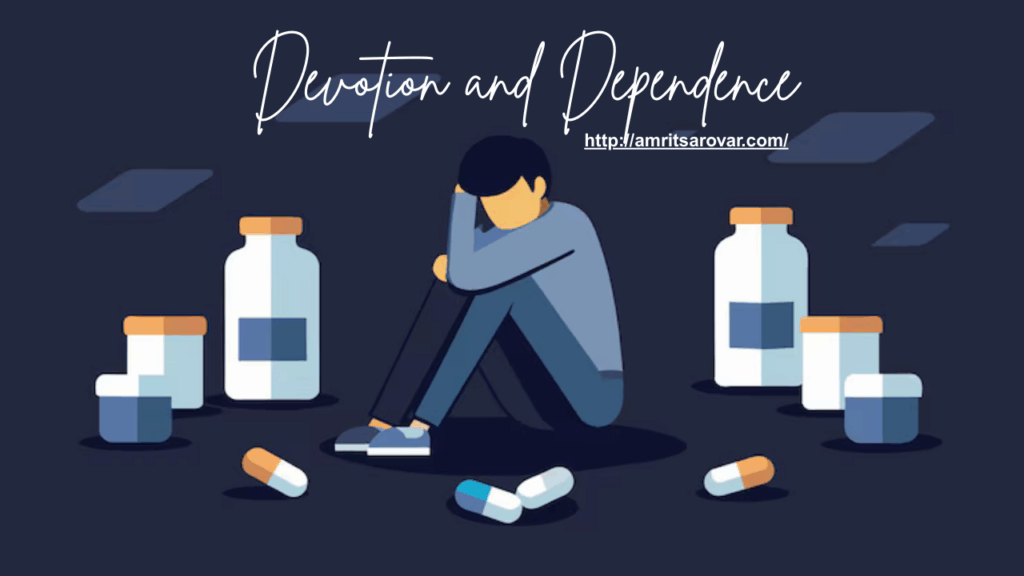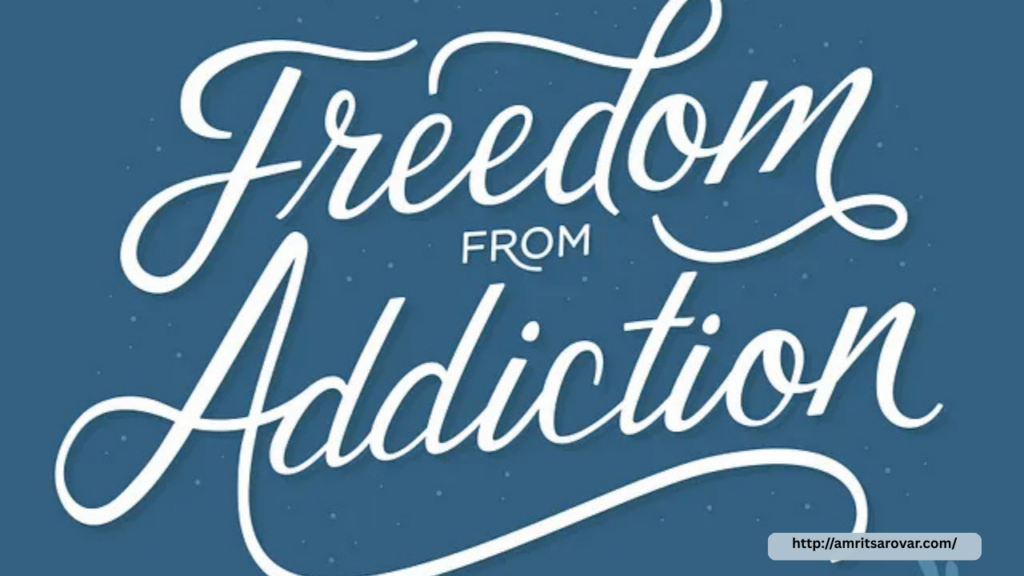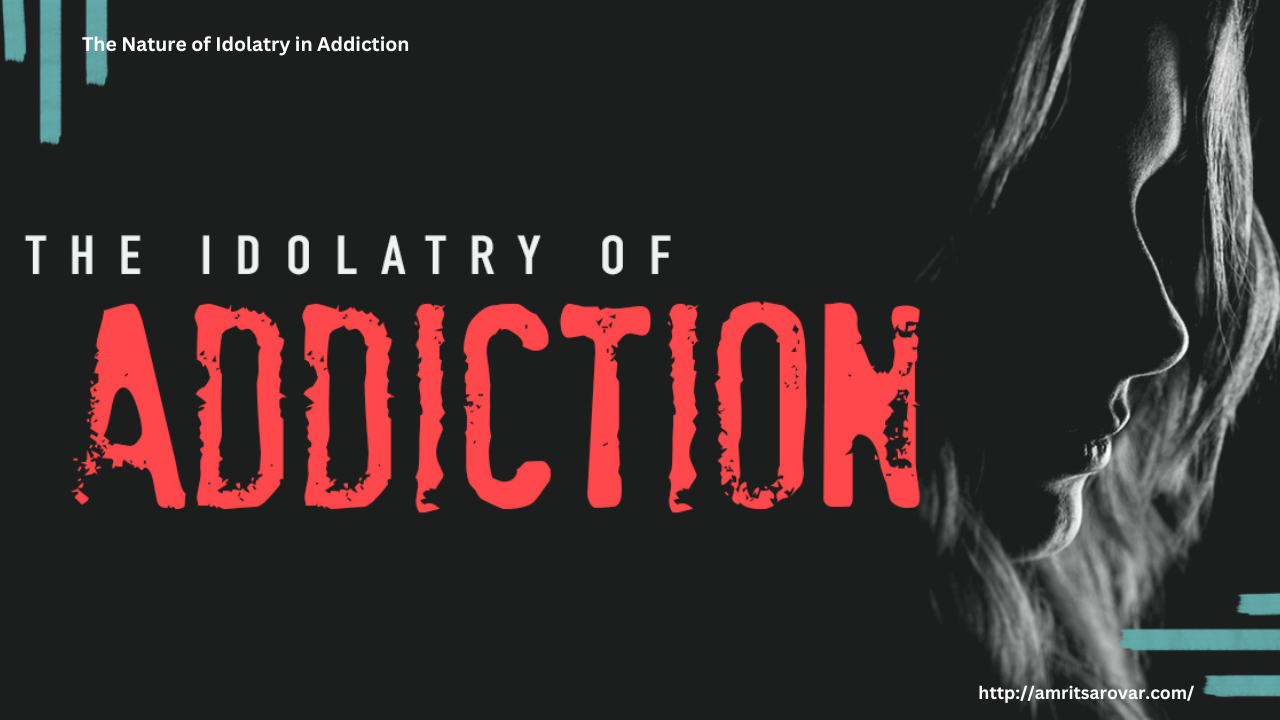
Addiction is a powerful force that fills a void—a place in the human heart that longs for connection, meaning, and relief from pain. Whether it is a substance or behavior, the “fix” promises to satisfy this deep inner hunger, but it only leaves individuals emptier than before. In contrast, faith offers a pathway to lasting peace and true purpose. Where addiction enslaves, faith liberates. Understanding this contrast reveals how recovery isn’t just about abstaining from harmful habits, but about replacing them with something greater: a purposeful life rooted in truth.
The False Promise of the Fix
Addiction often begins with a promise: to numb pain, escape reality, or experience pleasure. For a moment, it seems to work. The fix brings a high, a release, or a sense of control. But this relief is temporary and deceptive. Over time, the fix demands more while giving less. What once felt like freedom becomes a prison. The addict begins to live for the next high, even when it comes at the cost of relationships, health, and integrity. The promise of the fix is a lie that leads to destruction.
Faith as a Foundation
Faith, in contrast, offers a foundation built on hope, love, and purpose. Rather than running from pain, faith invites us to face it with courage and trust in something greater than ourselves. Faith teaches that we are not alone, that our lives have meaning beyond our circumstances, and that healing is possible. Where addiction isolates and diminishes, faith connects and restores. It provides the stability and guidance that addiction can never truly offer.
Replacing the Idol with Identity
In addiction, the substance or behavior becomes an idol—the central focus of life. Everything else revolves around getting and using the fix. To break free, this idol must be replaced with something worthy of devotion. Faith reorients the heart and mind. It shifts focus from self-destruction to self-worth, from shame to redemption. Instead of defining identity by failure or addiction, faith offers a new identity rooted in love, grace, and purpose.
The Role of Community and Calling
Faith-based recovery is not a solo journey. Community plays a vital role in healing. Supportive relationships provide encouragement, accountability, and belonging—things addiction often strips away. In these communities, individuals begin to discover their calling: to love, to serve, to grow. This sense of purpose becomes the new driving force, replacing the relentless craving for the next fix with a deeper reason to live.
A Life Transformed
Recovery is not merely about quitting something harmful; it is about embracing something better. It is about moving from darkness into light, from chaos into clarity. Through faith, people discover they are not defined by their past but shaped by their future. They learn to trust, to hope, and to live with intention. The fix loses its grip when the soul is filled with something real.
Conclusion
Addiction offers a fix that fades; faith offers a purpose that lasts. By turning away from the false promises of addiction and embracing the truth of faith, individuals can find freedom, healing, and a life worth living. The path is not easy, but it leads to a destination that the fix could never provide: true purpose and lasting peace.








